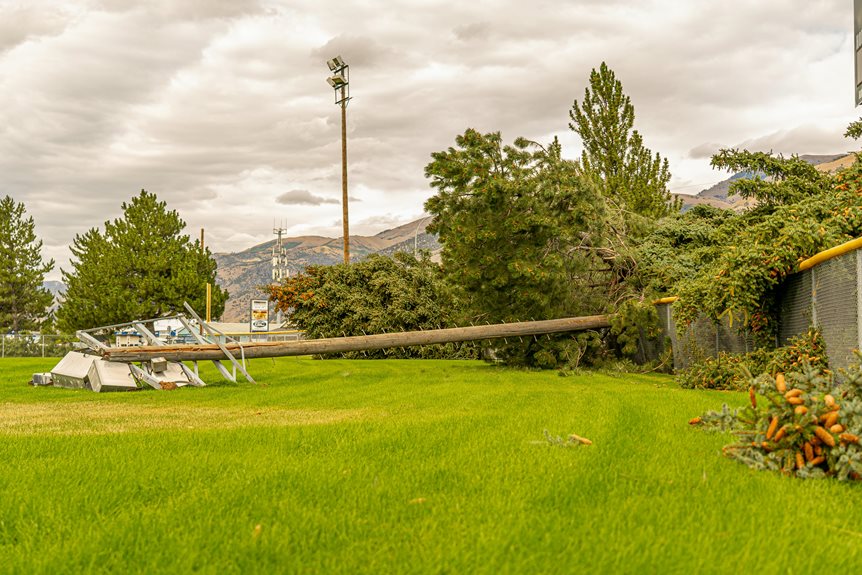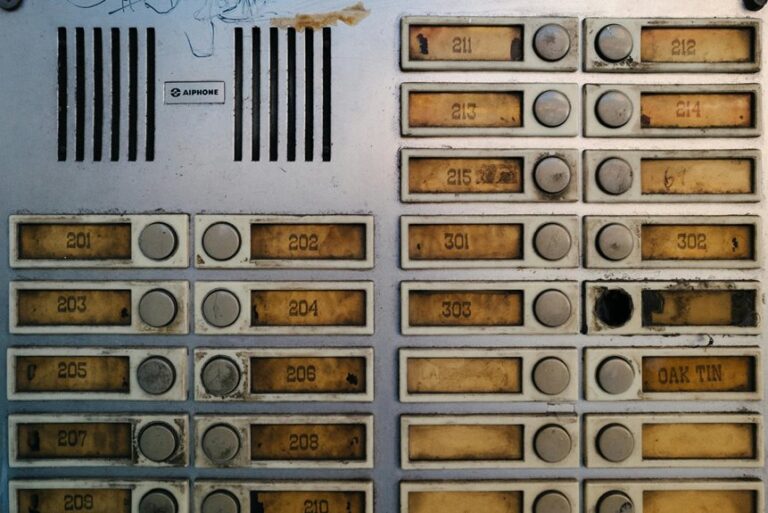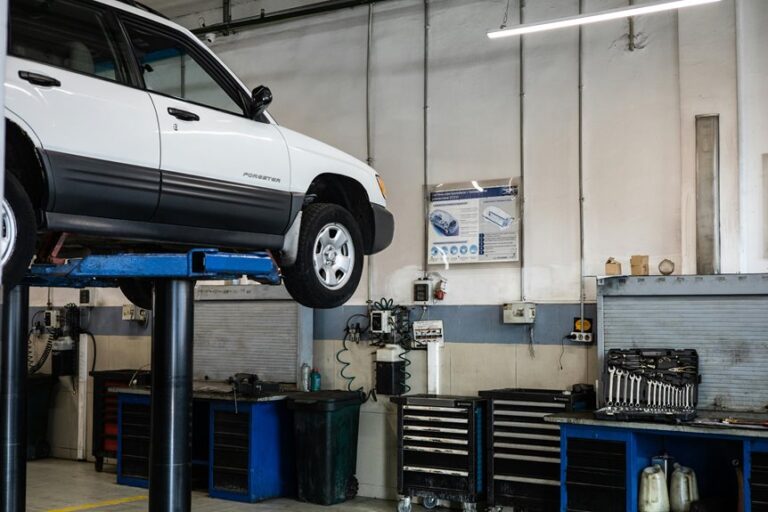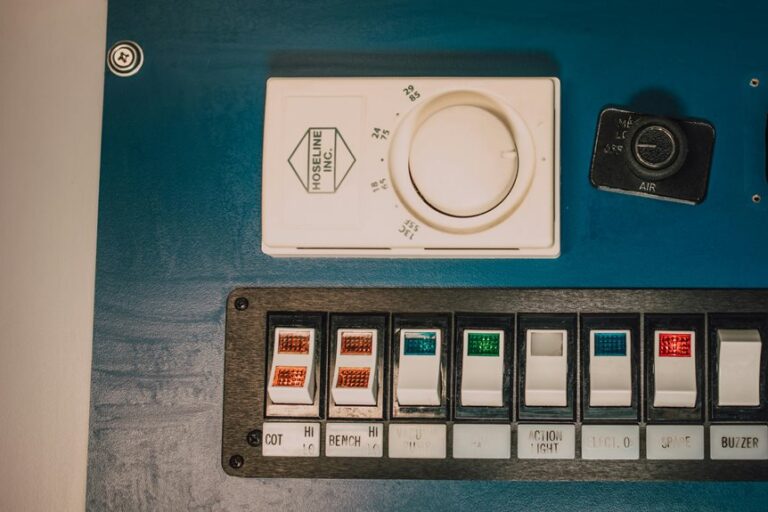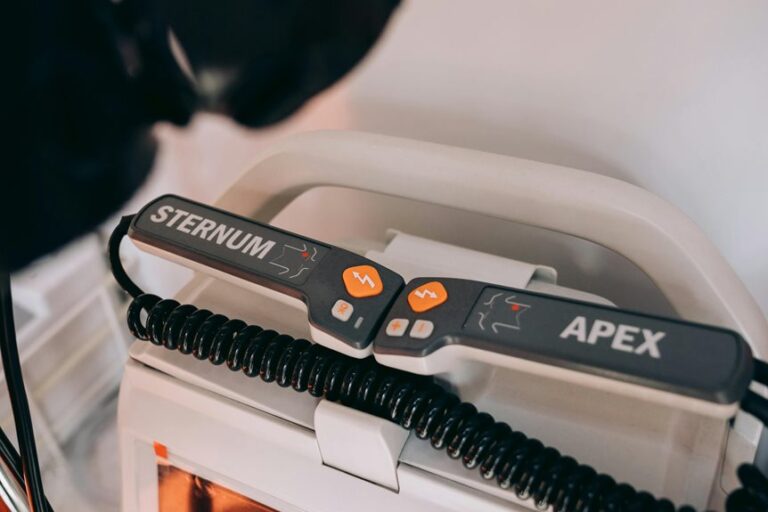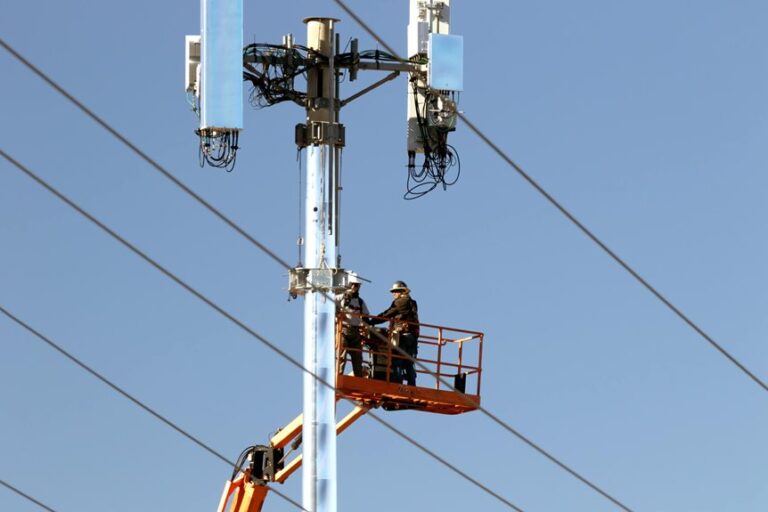You might think electrical emergencies are rare, but they can happen to anyone at any time. Recognizing common signs—like frequent circuit breaker trips or unusual odors—can be essential for preventing potential hazards. When faced with such issues, knowing the immediate steps to take can make all the difference in ensuring safety. It's important to understand when to engage a licensed professional to address complex situations effectively. What you do next could greatly impact both your safety and the longevity of your electrical system.
Common Electrical Emergencies
Electrical emergencies can strike unexpectedly, often leaving you in a precarious situation. Recognizing common electrical emergencies can help you respond swiftly and effectively.
One frequent issue is a tripped circuit breaker. This often indicates an overload or fault in the circuit, requiring you to reset the breaker or investigate potential overloads in connected devices.
Another common emergency is exposed wiring, which poses significant safety hazards. If you spot frayed or damaged wires, it's vital to avoid contact and shut off the power to that circuit immediately.
Also, consider flickering lights, which may signal loose connections or overloaded circuits—both necessitating prompt attention.
Additionally, power outages can disrupt your daily routine. While often caused by external factors, such as severe weather, they can also stem from internal issues like faulty wiring. If you experience persistent outages, it's important to consult a professional.
Lastly, electrical shocks, even minor ones, shouldn't be ignored. They may indicate a serious underlying problem, such as improper grounding or malfunctioning appliances.
In any of these scenarios, prioritizing safety and calling a qualified electrician is essential to prevent further complications. It's crucial to reach out to top electricians in your area for expert assistance when faced with electrical emergencies.
Signs You Need Repairs
If you notice flickering or dimming lights, it could indicate an underlying electrical issue that needs immediate attention. Frequent circuit breaker trips suggest your system is overloaded or malfunctioning. Additionally, any burning odors are a serious warning sign that should never be ignored, as they can point to hazardous electrical problems. It's essential to consult with a qualified electrician in Riverside who can assess and resolve these electrical concerns safely.
Flickering or Dimming Lights
When you notice flickering or dimming lights in your home, it's more than just an annoyance—it often signals an underlying electrical issue that needs immediate attention. These symptoms can arise from various sources, including loose connections, overloaded circuits, or voltage fluctuations. Each of these issues can pose serious safety risks.
First, check your light bulbs. If a bulb is loose or nearing the end of its life, it may flicker. Replacing the bulb can often resolve the issue.
If the problem persists, inspect your fixtures and wiring for signs of wear or damage. Loose connections can lead to arcing, which may cause fires.
Overloaded circuits can also be a culprit. If multiple high-wattage appliances run on the same circuit, it may not handle the load, resulting in dimming lights. Consider redistributing your electrical load across different circuits.
Lastly, significant voltage fluctuations may indicate problems with your home's electrical system or the supply from the utility company. If you experience frequent flickering or dimming, don't hesitate to consult a licensed electrician.
Addressing these issues promptly can prevent more severe electrical failures and enhance your home's safety.
Frequent Circuit Breaker Trips
Experiencing frequent circuit breaker trips can indicate serious underlying issues that require prompt attention. When your breaker trips repeatedly, it may be a sign of overloading, a short circuit, or a ground fault. Addressing these problems quickly can prevent larger electrical failures or fire hazards.
Here's a quick reference table to help identify potential causes of circuit breaker trips:
| Cause | Description | Action Required |
|---|---|---|
| Overloaded Circuit | Too many devices on one circuit | Redistribute load or upgrade circuit |
| Short Circuit | Faulty wiring or damaged insulation | Inspect wiring and replace damaged sections |
| Ground Fault | Electricity leaking to the ground | Install ground fault circuit interrupters (GFCIs) |
If you notice your breaker tripping frequently, don't ignore it. Instead, check the devices connected to the circuit and verify you're not exceeding the load capacity. If the problem persists, it's essential to consult a licensed electrician, as they can diagnose and repair complex issues safely. Remember, timely intervention can save you from more extensive damage and costly repairs down the line.
Burning Odors or Smells
A burning smell in your home can be a critical warning sign of electrical issues that need immediate attention. This odor often indicates overheating wires, faulty insulation, or malfunctioning devices. If you notice this smell, don't ignore it; it could lead to electrical fires or severe damage.
First, identify the source of the odor. Check for any devices that feel unusually hot or have visible burn marks. Inspect outlets and plugs for discoloration or melting. If you can't locate the source, turn off your main electrical panel to prevent further risks.
Next, consider the age and condition of your wiring. Older homes may have outdated systems that can't handle modern electrical loads, leading to overheating. If your wiring hasn't been updated in years, it's time for an assessment.
Lastly, always prioritize safety. If you're unsure or unable to find the source, call a licensed electrician immediately. They can perform a thorough inspection and necessary repairs, ensuring your home remains safe and functional.
Don't delay; the sooner you address burning smells, the better you can protect your property and loved ones.
Immediate Steps to Take
Take immediate action to guarantee safety during an electrical emergency. First, prioritize your safety and that of others by turning off the power supply at the circuit breaker.
If you can't reach the breaker safely, avoid using water or any conductive material to extinguish a fire caused by electrical malfunction. Instead, use a Class C fire extinguisher specifically designed for electrical fires.
Next, evacuate the area if you notice smoke, sparking, or burning odors. Alert anyone nearby to evacuate as well.
If you suspect an electrical shock, don't touch the victim until the power source is disconnected; instead, call emergency services.
Once safe, document the situation. Take notes or photos of any damage and unusual occurrences. This information will be vital for any repairs or claims.
After ensuring safety, contact a qualified electrician to assess the situation. Don't attempt to fix the issue yourself unless you're trained in electrical repairs. Expert electricians in Rancho Cucamonga can provide reliable assistance during such emergencies.
Stay clear of damaged wiring or appliances, as they pose significant risks. Always remember: your safety is the priority, and acting swiftly can prevent further hazards.
Safety Precautions to Follow
When handling electrical emergencies, you must prioritize safety by wearing appropriate personal protective equipment.
Always isolate the power source before attempting any repairs to prevent electrical shock or further damage.
Additionally, keep emergency contact numbers readily accessible to guarantee quick assistance if needed.
Personal Protective Equipment
Guaranteeing your safety during electrical emergency repairs starts with the proper use of personal protective equipment (PPE). You need to equip yourself with the right gear to minimize risks associated with electrical hazards.
Begin with insulated gloves, rated for the voltage you'll be working with, to protect your hands from electric shock. Always wear safety goggles to shield your eyes from flying debris or sparks.
Next, consider wearing a hard hat, especially in environments where objects could fall. Flame-resistant clothing is also vital, as it protects your skin from burns in case of an arc flash.
Don't forget about rubber-soled shoes, which provide insulation and help prevent slips on wet surfaces. Additionally, hearing protection may be necessary if you're working in a loud environment.
Make sure your PPE fits properly; ill-fitting gear can compromise your safety. Regularly inspect your equipment for wear and tear to guarantee its effectiveness.
Power Source Isolation
Before starting any electrical emergency repair, isolating the power source is a critical step that can't be overlooked. You must guarantee the area is safe before proceeding. Follow these essential precautions to effectively isolate the power source:
| Step | Action Required | Safety Note |
|---|---|---|
| 1. Identify Circuit | Locate the correct circuit breaker or fuse | Double-check labels to avoid errors |
| 2. Turn Off Power | Switch off the circuit breaker or remove the fuse | Use insulated tools to minimize risk |
| 3. Verify Isolation | Use a multimeter or voltage tester to confirm no power | Test multiple points to guarantee safety |
| 4. Lockout/Tagout | Use a lockout device and tag to prevent accidental re-energization | Ensure only authorized personnel can access |
| 5. Document Actions | Record the steps taken and any issues encountered | Keep a log for future reference |
Emergency Contact Numbers
After isolating the power source, having a list of emergency contact numbers readily available is vital for swift action during an electrical emergency. You should include numbers for local electricians, utility companies, and emergency services. Confirm these contacts are up-to-date and easily accessible.
First, identify a reliable electrician who specializes in emergency repairs. Their expertise can be significant in mitigating hazards and restoring power safely.
Next, keep your utility company's contact number on hand; they can assist with issues like downed power lines or gas leaks. Also, include the number for emergency services, as they can provide immediate assistance if someone's injured.
Consider storing these numbers in your smartphone and on a printed list in a visible area, such as near your electrical panel. In addition, familiarize yourself with the local fire department and police contacts, as they can provide support during critical situations.
Regularly review and update your emergency contact list to confirm it reflects current information. By being proactive and prepared, you can minimize risks and respond effectively should an electrical emergency arise.
When to Call a Professional
Recognizing the right moment to call a professional for electrical repairs can prevent small issues from escalating into costly problems. If you notice any of the following signs, it's essential to seek expert help immediately.
| Sign of Trouble | Possible Risk | Recommended Action |
|---|---|---|
| Frequent circuit breaker trips | Potential fire hazard | Call an electrician |
| Flickering or dim lights | Electrical overload or fault | Schedule a professional check |
| Burnt or damaged outlets | Risk of shock or fire | Contact a licensed electrician |
| Strange odors or sparks | Immediate fire risk | Evacuate and call emergency services |
Don't ignore these warning signals. It's better to err on the side of caution rather than risking safety. If you're uncertain about the issue, it's always wise to consult a licensed electrician. They have the proper training and tools to diagnose and resolve problems safely and effectively. Remember, handling electrical systems can be dangerous; it's not worth the risk to attempt repairs on your own. Prioritize safety and call a professional whenever in doubt. Many residents in Upland trust finding reliable electricians for their electrical needs.
Cost Considerations for Repairs
When facing electrical issues that require professional help, understanding the potential costs associated with repairs is essential for effective budgeting. Typically, electricians charge by the hour, and rates can vary considerably based on your location, the complexity of the issue, and the electrician's experience. On average, expect to pay between $50 to $150 per hour.
In addition to labor costs, you'll need to factor in materials and parts. Basic components like circuit breakers or outlets can range from $10 to $50, while more complex systems might require specialized equipment, driving costs higher.
If the repair involves extensive wiring or panel upgrades, costs can escalate quickly, sometimes reaching several thousand dollars.
Emergency services usually come at a premium, often adding a surcharge for after-hours work. Always ask for a detailed estimate that outlines both labor and materials to avoid surprises.
It's also wise to discuss warranties on parts and labor, as this can save you money on future repairs. By understanding these cost considerations, you can better prepare for unexpected electrical issues and manage your finances effectively. Additionally, hiring expert electricians can ensure quality repairs that may prevent future costly issues.
Preventative Measures for Future Issues
Taking proactive steps can greatly reduce the likelihood of future electrical issues in your home. First, schedule regular inspections with a qualified electrician. They can identify potential problems, such as worn-out wiring or outdated circuit breakers, before they escalate into emergencies.
Next, consider upgrading your electrical panel if it's more than 20 years old or if you frequently blow fuses. Modern panels can handle increased electrical loads and improve safety.
You should also avoid overloading outlets. Plugging too many devices into a single outlet can cause overheating and fire hazards. Use power strips with built-in surge protectors to manage multiple devices safely.
Furthermore, pay attention to flickering lights or frequently tripped breakers. These can indicate underlying issues that need immediate attention.
Lastly, keep an eye on your outdoor electrical installations. Verify they're weatherproof and protected from moisture, which can lead to short circuits. Additionally, consider consulting with a local electrician in Irvine to ensure all your electrical systems meet current safety codes and standards.
Conclusion
In conclusion, electrical emergencies demand your immediate attention to prevent potential disasters. Whether it's a tripped breaker or a burning odor, don't underestimate the risks—they can escalate faster than a lightning strike. Always prioritize safety by shutting off power and evacuating if needed. Engaging a licensed electrician is essential for a thorough assessment and repair. By staying vigilant and taking preventative measures, you can make sure your electrical systems remain safe and functional for years to come.

